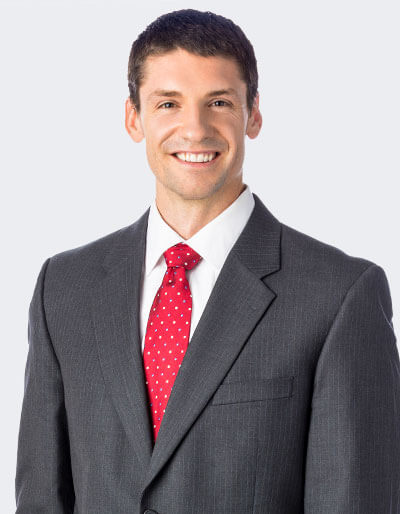02/25/2019
If you’re like most people, you work out to keep in shape and maintain a desired body shape. A common barrier to those goals can be muscle imbalances. The body tries to compensate for these muscle imbalances, which can lead to problems. In the shoulders and arms, this often leads to a diagnosis of Upper Crossed Syndrome (UCS).
Symptoms
Besides the obvious, UCS can even be the root cause of daily headaches, poor posture, difficulty breathing, discomfort and increase the risk of a significant injury.
Causes
Everyone is at risk, because we spend more time in protraction (working with muscles in front of body) versus retraction. During our daily lives, we spend more time in flexion (bent joints) and less in extension (straight joints). Over time, the muscles closer to the core can become shortened and tightened, while the muscles further away become lengthened and weakened.
Individuals especially at risk include: students, golfers, cyclists, weight lifters (especially using the bench press), hockey players, volleyball players, tennis players and swimmers (whose power muscIes are close to the core), computer workers, office workers and people with decreased posture.
Treatment and Prevention
The goal of treatment and prevention is to improve the muscles further away from the core. Typically, I prescribe specific home exercises for UCS to:
- stretch the pectoral and neck muscles
- strengthen the back muscles
- increase core strength
Exercises may include things like rows, walkouts and much more. It is important to perform the stretches routinely. Otherwise, the tight muscles close to the core will continue to overpower the weak muscles, and it will be much harder to strengthen.
Maintenance is the key. A home exercise program is important to fix the current problem and prevent future problems. With muscle imbalances, the results will not occur overnight. They take a long time to come on and therefore will take a long time to get better.
Having a muscle balance issue and looking for help? To make an appointment, call (402) 637-0800.


